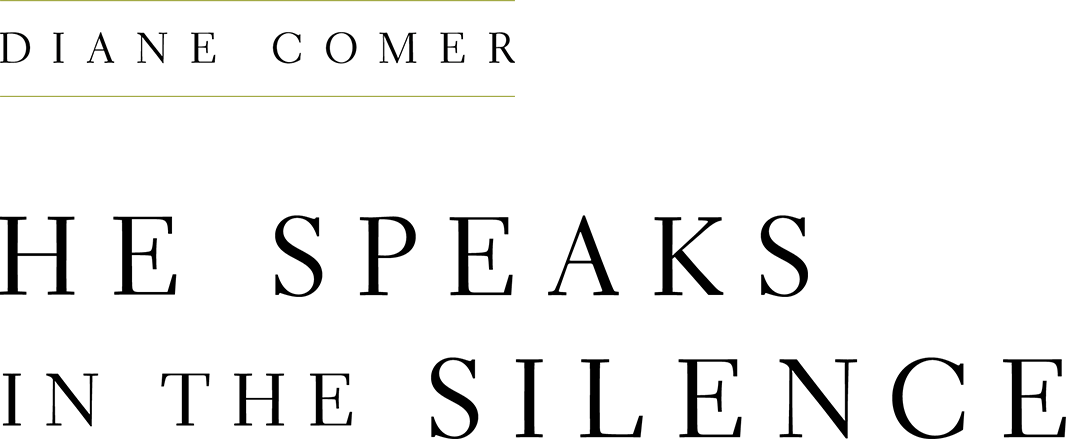RUTH: WEEK THIRTEEN
Ruth 2v1-23
The Gleaning (Part Three)
(Click here to listen to the third Ruth teaching)
Verse of the Week:
“THE LORD WILL ACCOMPLISH WHAT CONCERNS ME…” Psalm 138v8a NASB
More Words from the Father:
Genesis 1
Psalm 90v12,16,17
Psalm 30v10
Psalm 57v2, 3
Psalm 138v8
Ephesians 2v10
(John 14v16; 15v26; 16v7)
From my Heart:
Tossing and Turning
I worried as I tossed and turned all last night. A running dialogue of what if’s and mustdo’s galloped behind my closed eyelids, robbing me of rest and leaving my bed a rumpled mash of misbegotten bed sheets.
It was a relief to wake up!
Rolling out of that wrestling ring of worry, I reached for two ibuprofen to ease the aches and pains my buffeted body bore, padded down to the kitchen to make my morning tea, lit a candle or two to chase away the sodden gloom, and drank in the healing Words of God.
Comfort…
Assurance…
Control (His, not mine!).
Soon my weariness lifted as I poured out my petty worries to God. Like a child, I showed Him my “owies.” Nothing earth-shattering or even heart-breaking, just daily stuff and my usual “How will I get it all done?” My self-imposed standards of perfection chasing joy and peace right out of my day. He reminded me - with the patience that makes me love Him all the more - of a few lessons already taught, if not yet fully learned. I’ll pass some of those on to you, in case you’re popping a few aspirins of your own…
1). Don’t cram too much into one day. Specifically, don’t crowd too many different categories of tasks into one day. Looking back at His plan for creating the world (a bit bigger than my burdens today), each day took on a logical, well thought through order. First light, then the skies, then land on which to grow food, then seasons…You see the idea? He had a plan. My frantic hurrying from thing to thing leaves me exhausted, discombobulated (I love that word!), dingy, and out-of-sorts. No wonder my head aches!
2). Acknowledge what you have done. Again, in the creation story, at the end of each and every day, the Lord looked back over His accomplishments and relished the completed creativity of His work. A simple notebook will do the job. Set it beside your bed and take a few minutes each night to list the things you did accomplish that day. Come on, write it down! You’ll be surprised how much you did on a day when you “didn’t get anything done.”
3). Remember who is in control (hint: not you!). If only I could get this one through my thick head! I am not in charge. I have abandoned my life to God and told Him in all sincerity that I want Him to control everything, everyone, every circumstance, every detail of my life. But He’s not so neat and tidy. He does things differently than I do. And He doesn’t usually tell me why! (Read Psalm 138:8).
4). He has a plan and purpose for me. This is one of the most exhilarating, energizing truths to ever grip me. The fact that He has specific tasks for me to accomplish… assigned tasks just for me…wow! I read once that giving your kids chores to do around the house enhances their self-esteem. So I did. Lots of chores. They were the most self-esteemed kids on the block. And now I have a chore list from the Father…because He thinks I’m the one to do it. Every time I think about that, I sit up a little straighter, clear my desk, and get to work (read Ephesians 2:10). …and moms, remember that your tasks have names…
We don’t know if Ruth worried or if Naomi lay awake at night wondering what to do. But we do know that their lives were full of challenges. There was plenty to worry about. But this story is written for our encouragement - to let us see how our Father works behind the scenes to help us.
After all, Helper is one of His names!
From my heart,
Diane
(Check His name out in John 14v16; 15v26, and 16v7).
ETC:
Mystery and Mystique
Many students of the Word see shadows of truths taught elsewhere in Scripture played out in this story of Ruth. These scholars tend to lend a metaphorical meaning into the biblical narrative. The dispensational theologians, such as Merrill Unger (Unger’s Bible Handbook) read all sorts of lessons and prefigures into many of the characters and events in Ruth. And while certainly not the original meaning behind the story, a speculative look at this form of interpretation is at the very least, insightful.
Here’s what he says:
1. Naomi reflects Israel, the chosen people.
2. Elimelech depicts Israel’s prosperity in the land, married to the Lord and faithful to Him.
3. The sorrows of Naomi speak of spiritual failure and chastisement.
4. Elimelech’s death in a foreign land illustrates Israel’s national rejection of the Lord during her years of exile.
5. Naomi’s return to Bethlehem suggests Israel’s decision to set her face homeward.
6. Orpah, who remained in Moab, speaks of the unbelieving mass of Jews who elected to remain among foreign lands when Israel was reestablished as a nation.
7. Ruth portrays the faithful remnant of the nation, which will ultimately come in touch with the Kinsman-Redeemer.
8. The barley harvest signifies the end of the age (Matthew 13v30).
9. Ruth resting at Boaz’s feet represents the truth that rest can only be found at the foot of the Redeemer.
10. Boaz is a type of Christ, our Redeemer.
Beware however, of pressing this too far. J. Vernon McGee, a well-respected expositor, writes that such interpretation is indeed “suggestive” but warns his readers against “wandering off into the field of speculation.”

